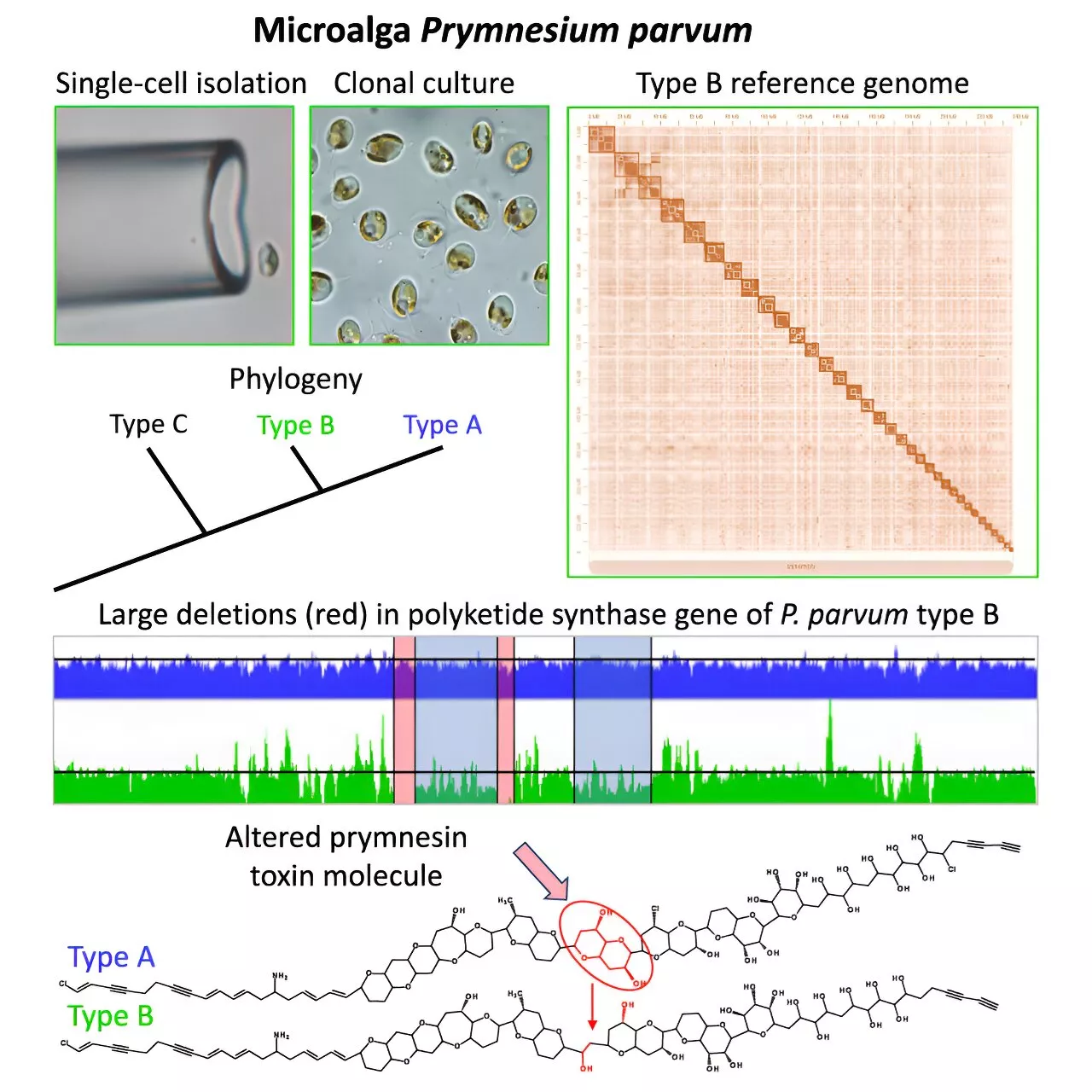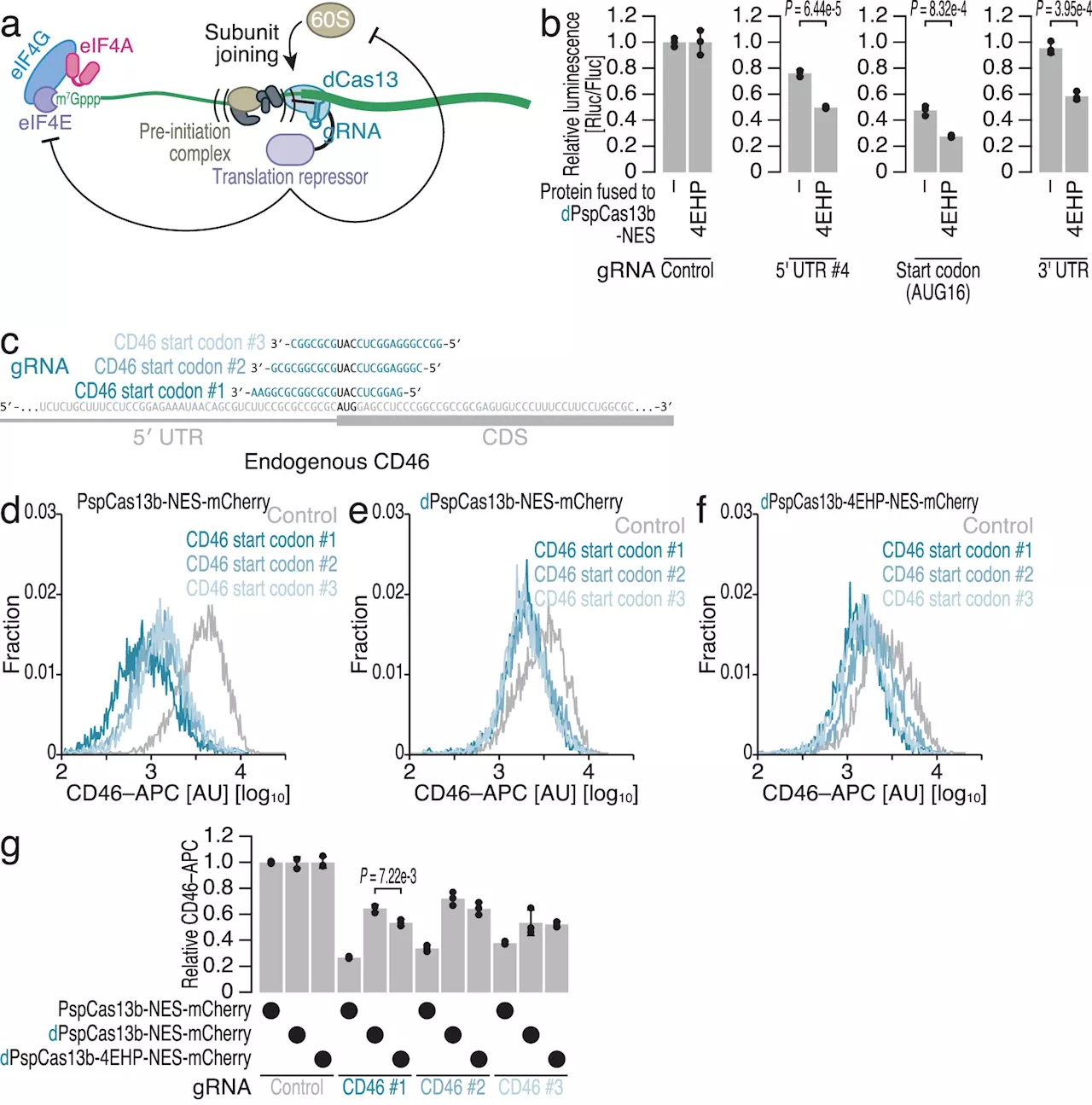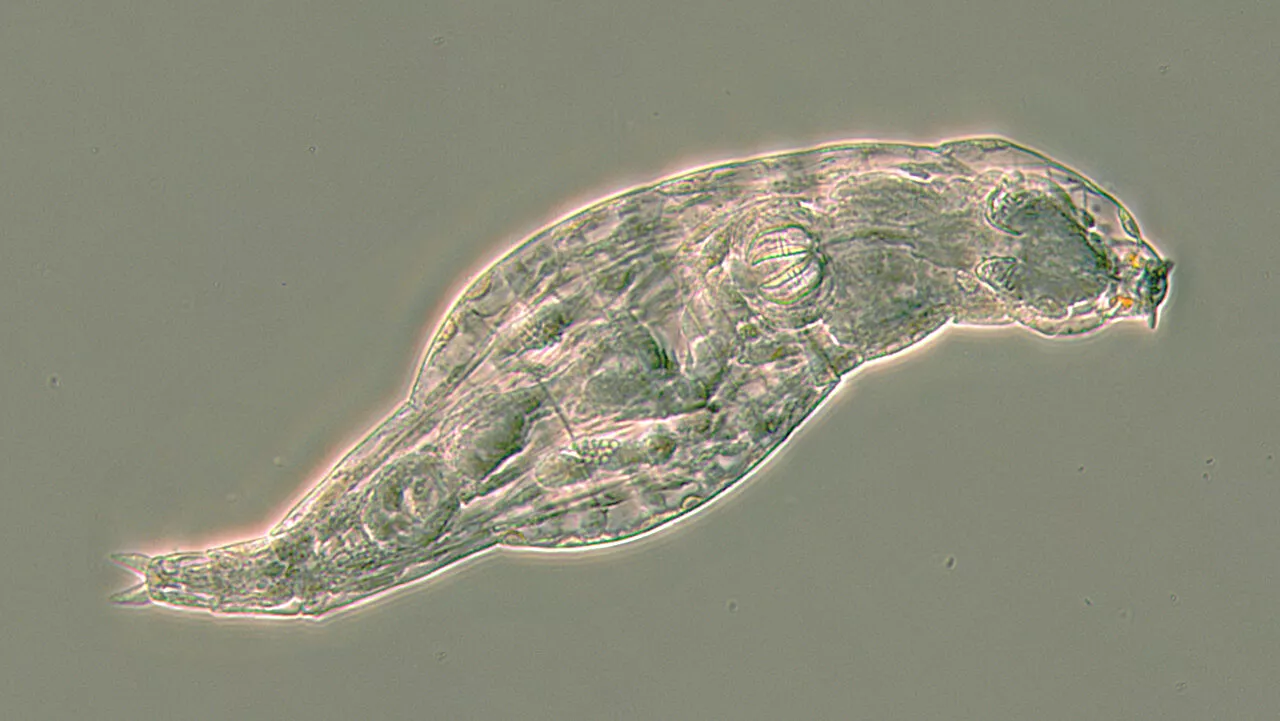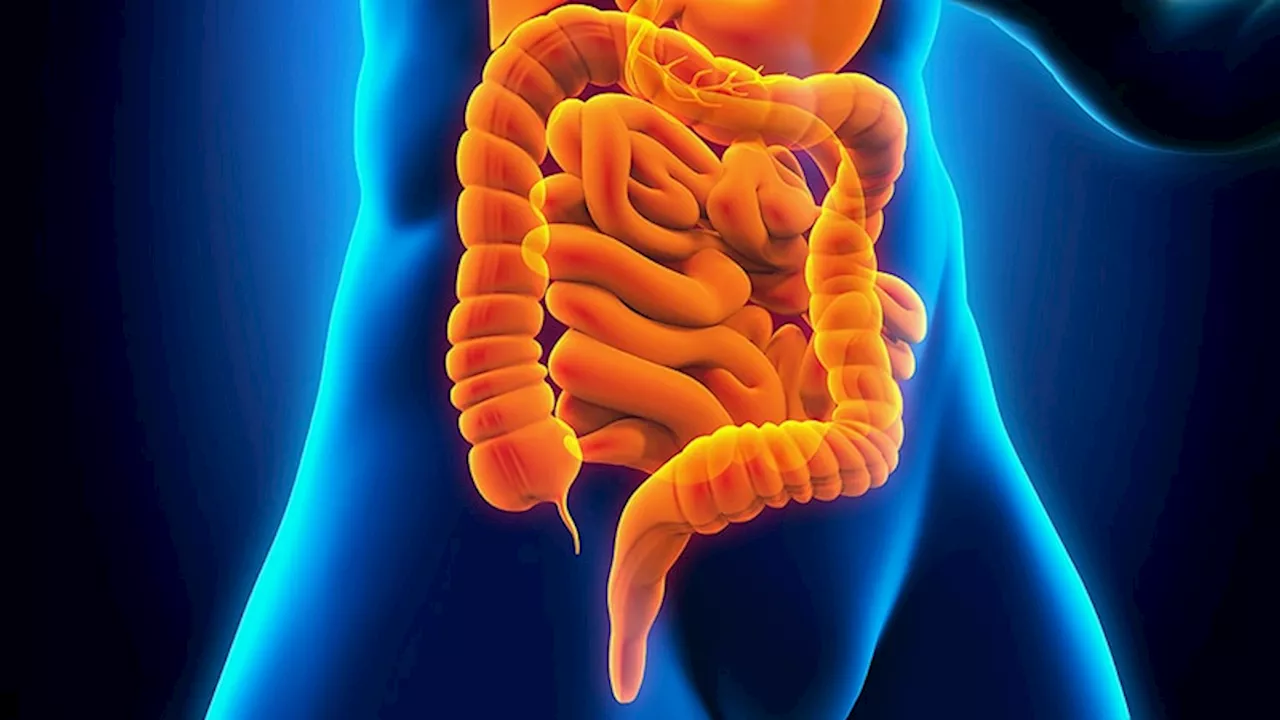Early-life and environmental exposures are more strongly linked to age at diagnosis of IBD than genetic factors.
Early-life and environmental exposure s are more strongly linked to age at diagnosis of inflammatory bowel disease than genetic factors, a large study of IBD patients reported.that environment influences the onset of both ulcerative colitis and Crohn 's disease , and exposures typical in Western society lower the age of diagnosis. These factors include birth in a developed nation, delivery by C-section, and more bathrooms in the home, according to Oriana M.
"Additionally, very few studies have examined the contribution of genetics or environmental factors in Hispanic individuals, and our study examined the contribution of these factors in this understudied population," she added. . In genetically predisposed individuals, environmental culprits in developed countries are thought to negatively shape the intestinal microbiome's composition into a less tolerant and more proinflammatory state, the authors noted. the over-sanitization of the developed-world life is partly to blame.
Early plastic water bottle use — which has been linked to inflammatory microplastics in the intestines — and homes with more than one bathroom were also associated with younger age at diagnosis. Susceptibility to environmental exposures was similar in Hispanic and NHW patients. "This is an interesting and important study," commented Ashwin Ananthakrishnan, MBBS, MPH, AGAF, director of the Crohn's and Colitis Center at Massachusetts General Hospital in Boston, who was not involved in the study."There are few environmental risk factor studies looking at non-White populations and to that end, this is a very large and well-done analysis looking at environmental factors among Hispanic patients with IBD.
IBD - Inflammatory Bowel Disease IBD Genetics Genomics Genomic Medicine Environmental Exposure Pollutant Pollution Toxicology Toxicity Poisoning Toxins Birth Colitis Crohn's Disease Crohn Disease Regional Enteritis Crohn Crohn’S Ulcerative Colitis Ulcerative Colitis (UC) UC - Ulcerative Colitis Pregnancy Pregnant Antibiotics Autoimmune Disease Blood
United States Latest News, United States Headlines
Similar News:You can also read news stories similar to this one that we have collected from other news sources.
 Complete genome and toxin genes of the microalgae from the Oder River disaster decodedIn the summer of 2022, around 1,000 tons of fish, mussels and snails died in the River Oder. Although the disaster was manmade, the immediate cause of death was the toxin of a microalgae with the scientific collective name Prymnesium parvum, often referred to as 'golden algae.
Complete genome and toxin genes of the microalgae from the Oder River disaster decodedIn the summer of 2022, around 1,000 tons of fish, mussels and snails died in the River Oder. Although the disaster was manmade, the immediate cause of death was the toxin of a microalgae with the scientific collective name Prymnesium parvum, often referred to as 'golden algae.
Read more »
 Method that silences specific genes while leaving others unaffected could aid research and therapyRIKEN researchers have developed a highly accurate method for temporarily silencing genes that is promising for advancing biological research and developing new therapies for genetic diseases. The study is published in Nature Communications.
Method that silences specific genes while leaving others unaffected could aid research and therapyRIKEN researchers have developed a highly accurate method for temporarily silencing genes that is promising for advancing biological research and developing new therapies for genetic diseases. The study is published in Nature Communications.
Read more »
 Genes Protect Some People From ObesityI am a scientist, businessman, author, and philanthropist. For nearly two decades, I was a professor at Harvard Medical School and Harvard School of Public Health where I founded two academic research departments, the Division of Biochemical Pharmacology and the Division of Human Retrovirology.
Genes Protect Some People From ObesityI am a scientist, businessman, author, and philanthropist. For nearly two decades, I was a professor at Harvard Medical School and Harvard School of Public Health where I founded two academic research departments, the Division of Biochemical Pharmacology and the Division of Human Retrovirology.
Read more »
Briefly a Husky football Sensation, Shelley Passes Athletic Genes to SonsThe wide receiver made a splash in Montlake before getting dismissed from the program.
Read more »
 Study shows small animals use 'stolen' genes from bacteria to protect against infectionCertain small, freshwater animals protect themselves from infections using antibiotic recipes 'stolen' from bacteria, according to new research by a team from the University of Oxford, the University of Stirling and the Marine Biological Laboratory (MBL), Woods Hole.
Study shows small animals use 'stolen' genes from bacteria to protect against infectionCertain small, freshwater animals protect themselves from infections using antibiotic recipes 'stolen' from bacteria, according to new research by a team from the University of Oxford, the University of Stirling and the Marine Biological Laboratory (MBL), Woods Hole.
Read more »
 Small animals acquire genes from bacteria that can produce antibioticsA group of small, freshwater animals (bdelloid rotifers) protect themselves from infections using antibiotic recipes 'stolen' from bacteria, according to new research. This raises the potential that rotifers are producing novel antimicrobials that may be less toxic to animals, including humans, than those we develop from bacteria and fungi.
Small animals acquire genes from bacteria that can produce antibioticsA group of small, freshwater animals (bdelloid rotifers) protect themselves from infections using antibiotic recipes 'stolen' from bacteria, according to new research. This raises the potential that rotifers are producing novel antimicrobials that may be less toxic to animals, including humans, than those we develop from bacteria and fungi.
Read more »
